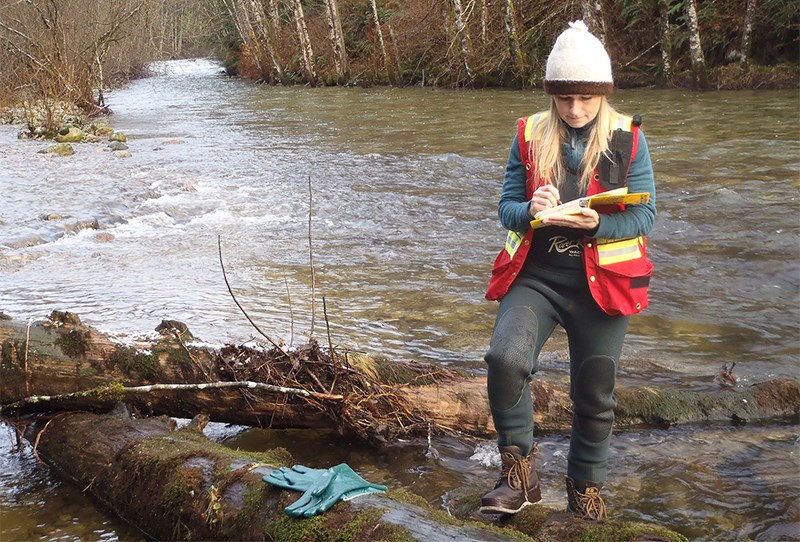A member of a citizens' group that monitors the Coquitlam River says the Coquitlam River Aggregate Advisory Committee shouldn't be disbanded because all the problems it set out to accomplish haven't been solved.
Ian McArthur, a director with Coquitlam RiverWatch, was responding to an announcement last week that the city of Coquitlam was disbanding a task force of government and gravel mining operators established in 2000.
McArthur says he's worried that problems with silt and runoff might surface again while the city maintains the group, which met twice a year, isn't needed because sediment controls at gravel mines are now in place, monitoring is ongoing and another group has been established with a similar mandate.
"There is still going to be extremely robust eyes on the river," said Coun. Terry O'Neill, who chaired the aggregate committee which wrapped up operations last month.
But McArthur, whose whose members walk sections of the river and report problems they see, said the committee should continue even if it only meets once a year to stay on top of issues resulting from gravel mining.
"I don't believe all the problems this committee set out to accomplish have been solved. The Coquitlam River silt issues have improved over the 20 years I have been directly involved but there is still room for improvement," McArthur said in a statement.
Currently, two companies operate gravel mines on the river — Jack Cewe Ltd. and Allard Contractors — and O'Neill said water tests have shown the river is in good health; as well, it is no longer on the Outdoor Recreation Council's list of most endangered rivers.
Retiring the committee was seen as a way to reduce duplication, he said, and monitoring will continue to take place through the city's environmental services division and the Coquitlam River Watershed Roundtable, which has industry, government and citizens' groups in its membership.
But McArthur is concerned the roundtable doesn't have enough clout. "There needs to be agencies on the committee that know the regulations and are able to enforce them," he said.
O'Neill said the city will continue to study turbidity in the river caused by sediment particles and two committees — one dealing with the environment and another that handles the economy — will have the gravel industry and river health in their mandates.
"That gives us three bodies that are going to be looking at the Coquitlam River and the aggregate industry. We are really well covered," O'Neill said.
Among the committee's accomplishments, according to the city, are improved sediment-management plans for each aggregate mine; management of runoff from Partridge, Mantle and Fulawka creek watersheds; stopping of four-wheel drive activity that was causing sediment run-off; changes to municipal specifications; and support and promotion of water quality testing.



